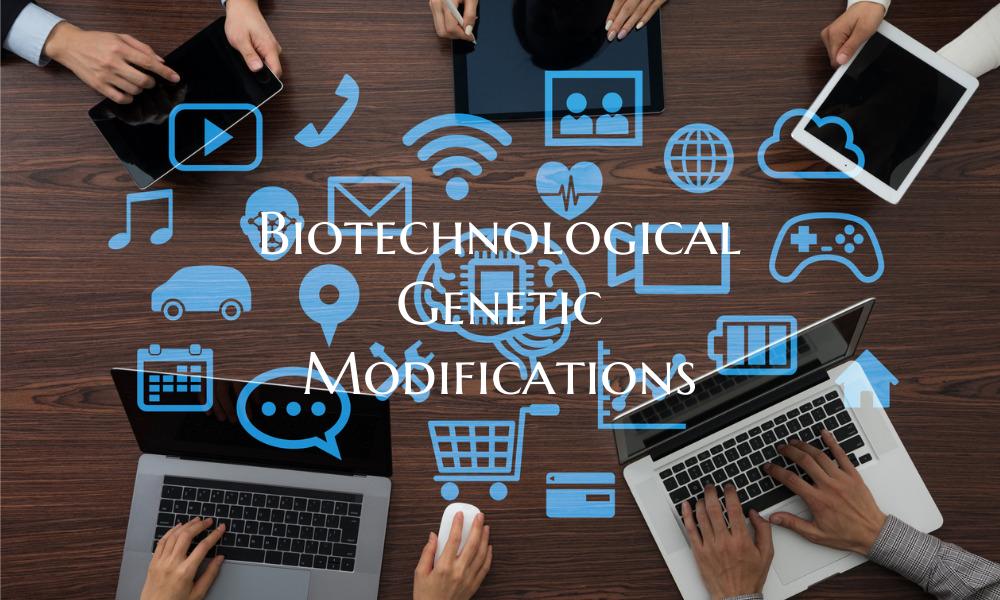Biotechnological Genetic Modifications
Biotechnological Genetic Modifications: Enhancing Agriculture and Health
Biotechnological genetic modifications have revolutionized various industries, particularly in agriculture and health. By harnessing cutting-edge technologies, scientists can precisely alter the genetic makeup of organisms to create improved crops, more effective medicines, and enhanced research tools.
In agriculture, genetic modifications have played a crucial role in addressing food security challenges. Through techniques such as gene editing and genetic engineering, crops can be designed to be more resistant to pests, diseases, and environmental stressors. This not only increases agricultural productivity but also reduces the need for chemical pesticides and fertilizers, promoting sustainable farming practices.
Moreover, biotechnological genetic modifications have led to the development of nutrient-enriched crops, such as biofortified rice and golden bananas, which can help combat malnutrition in populations that rely heavily on staple foods. These innovations showcase the potential of biotechnology to tackle global health issues and support sustainable development goals.
In the field of healthcare, genetic modifications have paved the way for personalized medicine, where treatments can be tailored to individual genetic profiles. Gene therapy, for example, holds promise for treating genetic disorders by correcting faulty genes or introducing therapeutic genes into patients' cells. This technology has the potential to revolutionize the way we approach diseases with a genetic component, offering new hope for patients with previously incurable conditions.
Furthermore, biotechnological genetic modifications have enabled the creation of genetically modified organisms (GMOs) that produce pharmaceutical proteins, such as insulin or vaccines, in a cost-effective and efficient manner. This has the potential to improve access to essential medications and vaccines, particularly in resource-limited settings.
While the potential benefits of biotechnological genetic modifications are vast, ethical considerations and regulatory frameworks must be carefully navigated to ensure the safe and responsible application of these technologies. Continued research, dialogue, and oversight are essential to harness the full potential of biotechnological genetic modifications while safeguarding against potential risks.
In conclusion, biotechnological genetic modifications offer unprecedented opportunities to address pressing challenges in agriculture, health, and beyond. By leveraging these innovations responsibly and ethically, we can unlock new possibilities for sustainable development and improved well-being for all.

